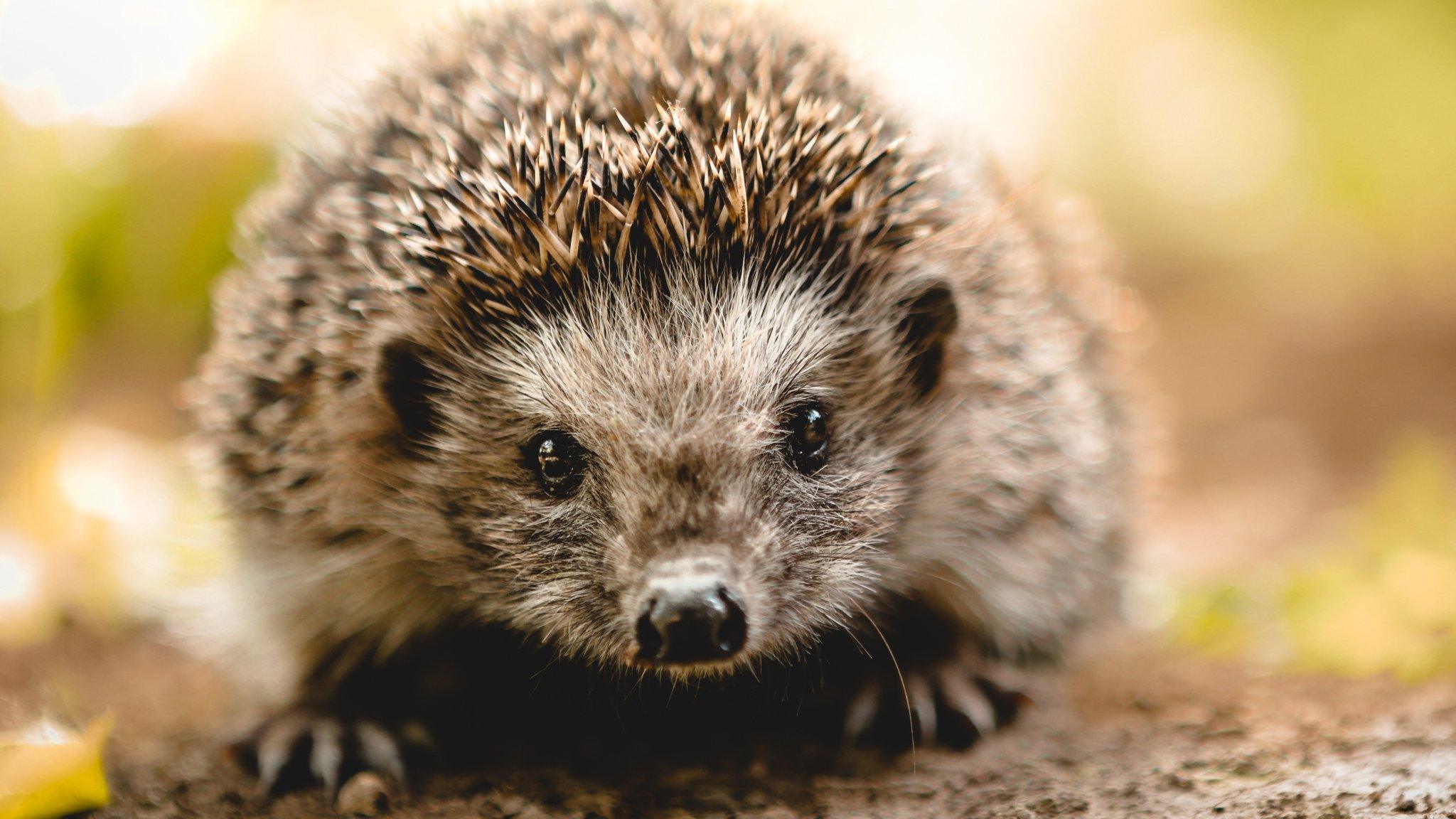Numbers of butterflies spotted number are "worryingly low"
- Published
- comments
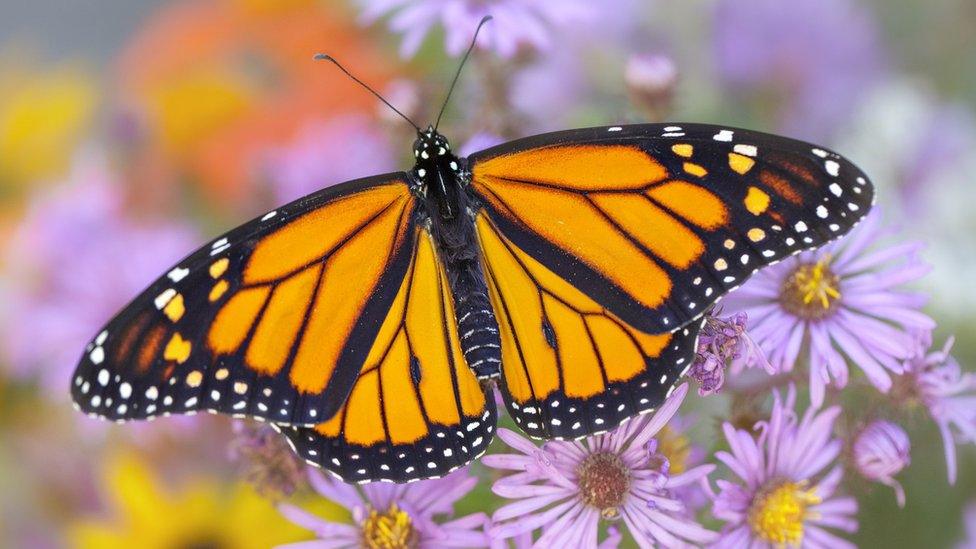
The number of butterflies being spotted are "worryingly low" and are continuing to decline, say UK wildlife protection groups.
The Big Butterfly Count, a survey carried out in the UK each year which assesses the health of our environment and which butterfly species are in the most trouble, recorded the lowest number of butterfly sightings in 13 years, since the project began.
Experts thought that warmer weather this summer would result in more butterflies being spotted, but are concerned this wasn't the case.
Dr Richard Fox, head of science for Butterfly Conservation, said: ""The fact that more butterflies weren't seen is concerning and it's clear that much more needs to be done to protect and restore habitats to help nature recover".
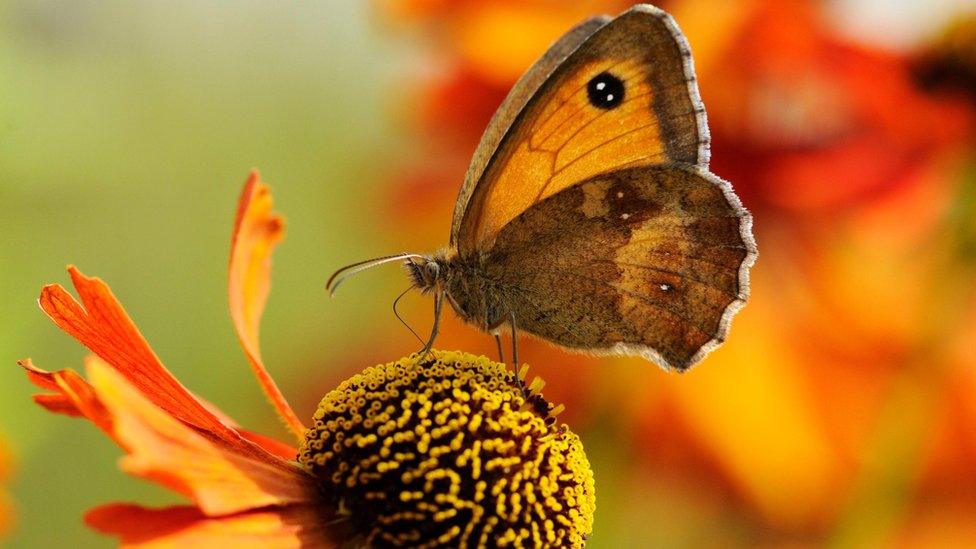
The Gatekeeper, a species often found along hedgerows and in woodland, was the most spotted butterfly during this year's count
Almost 100,000 butterfly counts were sent in for this big UK project for three weeks between 15 July and 7 August.
People who took part spent 15 minutes with a notepad, in a shady spot, counting how many different butterflies they could see in a garden, local park or countryside.
Some species however did increase in numbers - the Common Blue was up 158%, the Gatekeeper was up 58% and the Comma, a species often found in gardens, increased by 95% compared with last year.
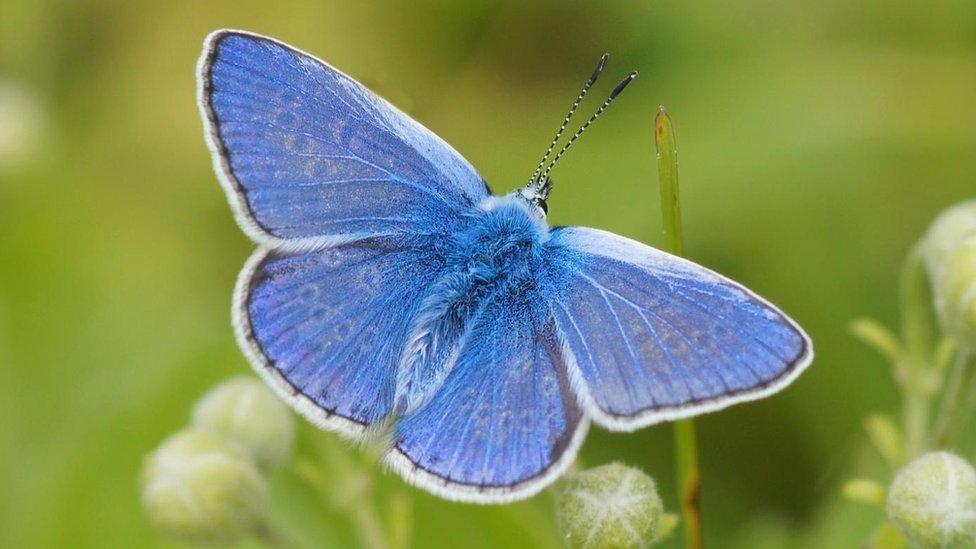
The Common Blue butterfly was one of the summer's winners
The Big Butterfly Count is backed by famous faces including Sir David Attenborough.
The results are useful because they help scientists to gather information on how moths and butterflies are affected by any changes in the environment.
They are suggesting Britons grow holly, flowering ivy, elms and nettles in their gardens to create habitats that allow butterflies space to feed, breed and shelter.
The Large Blue butterfly was thought to be extinct in the 1970s, but the survey showed it enjoyed one of its best summers in 150 years.
Scientists say the good news about The Large Blue shows how species can be saved from extinction.
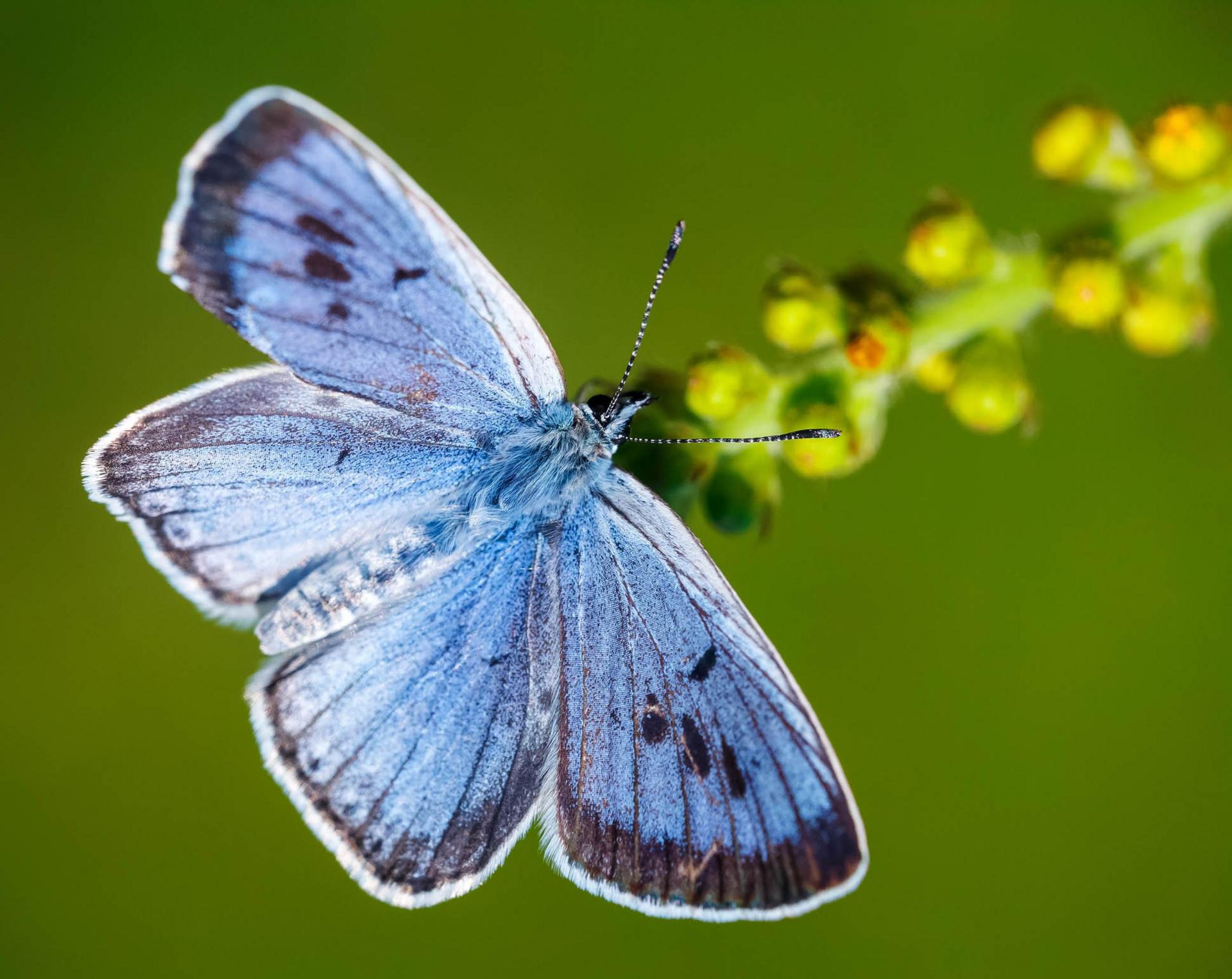
The Large Blue Butterfly became extinct in 1979, but has been reintroduced as a result of conservation projects. It now survives in the south of England
- Published6 October 2022
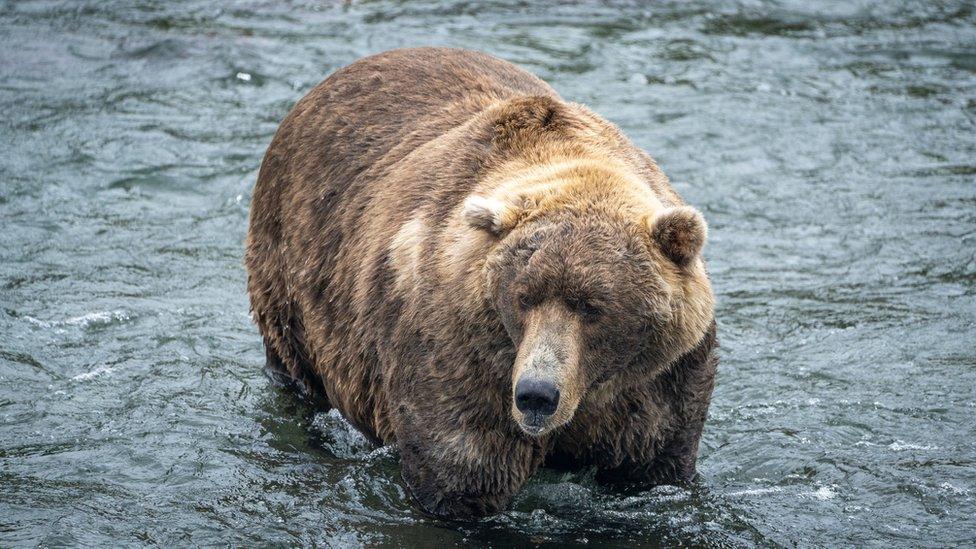
- Published7 October 2022
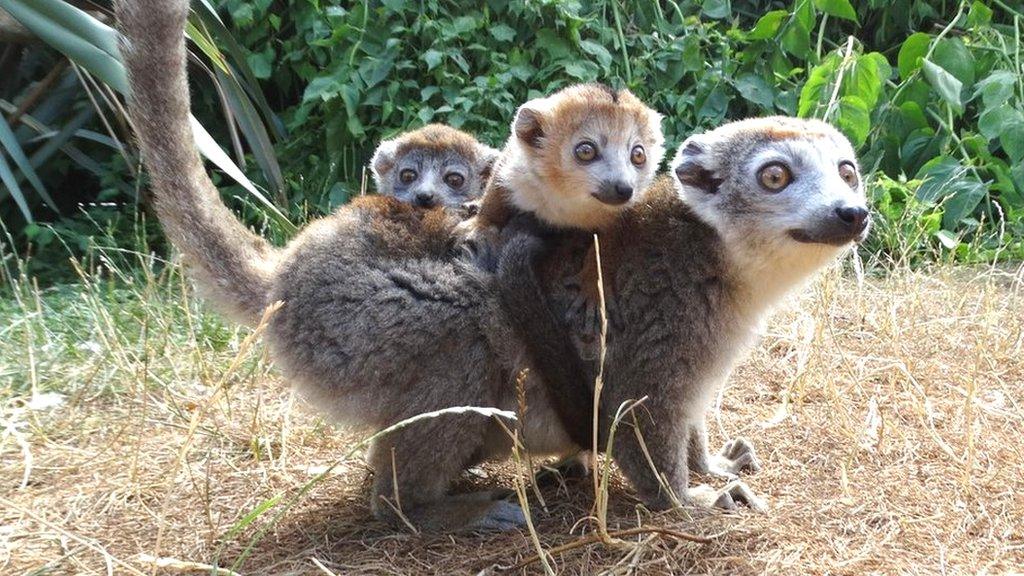
- Published5 October 2022
